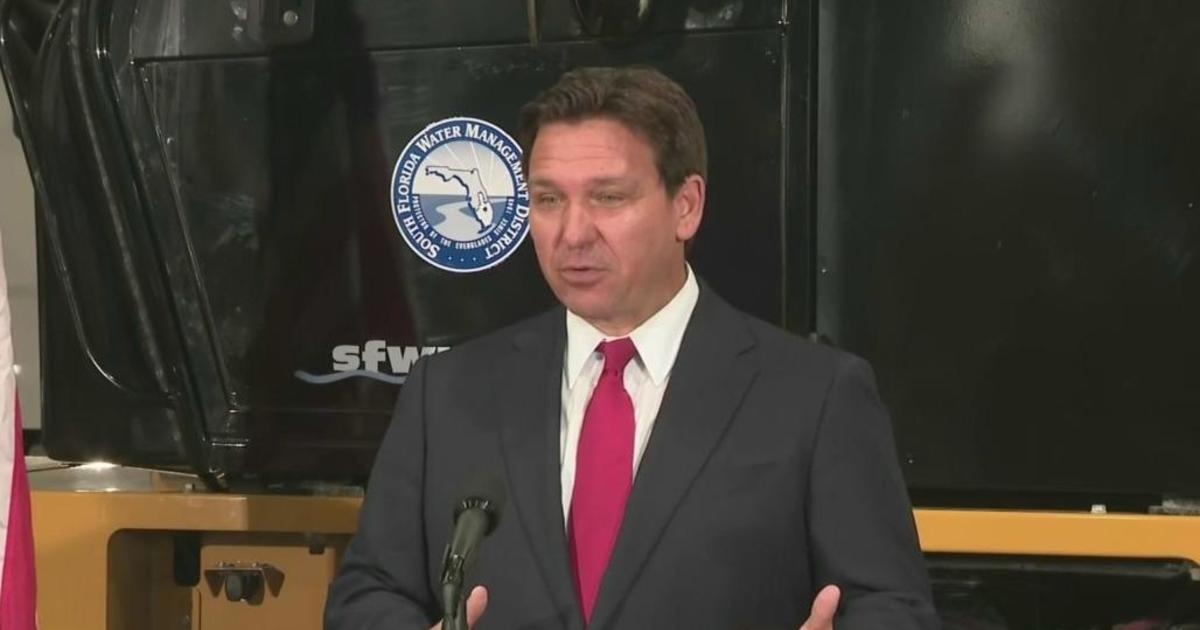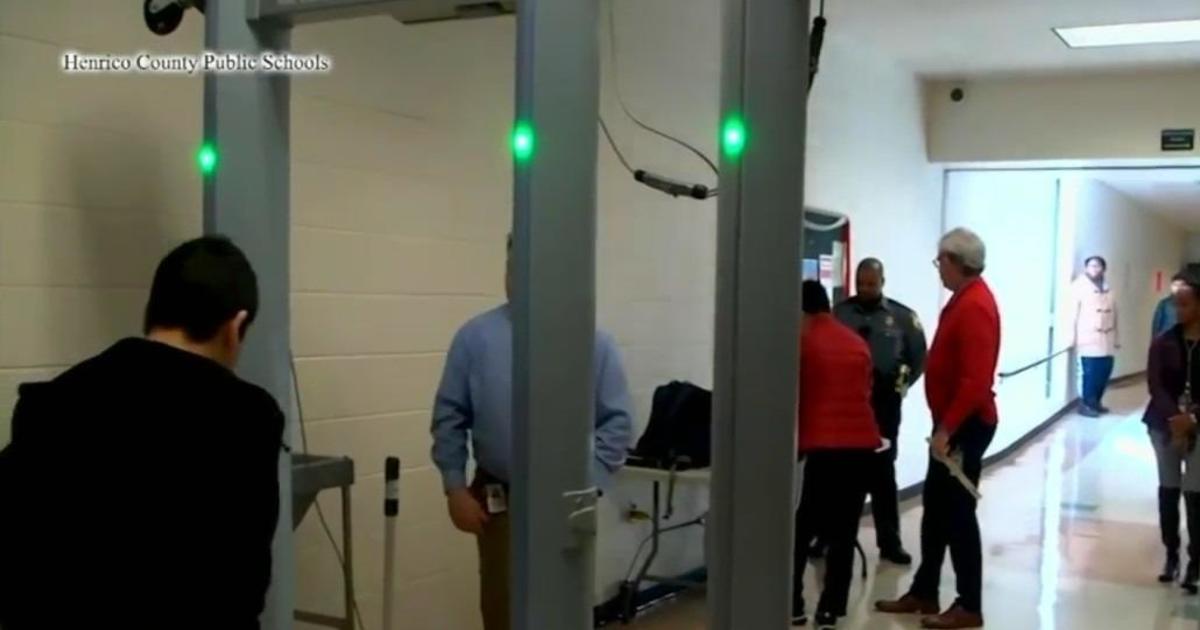Port Security Cuts Could Have Big Local Impact
FORT LAUDERDALE (CBS4) -- The budget ax is poised to drop on Port Everglades and the Port of Miami and local leaders are sounding the alarm to try and prevent that from happening.
Proposed spending cuts in Washington D.C. include cutting 67-percent of port security funds nationwide. This 67-percent nationwide cut in port security funds equals $8.2 million in cuts to port security funds in Florida and includes $1.5 million in cuts from Port Everglades and $1.2 million in cuts at the Port of Miami.
"Port security and South Florida's security are linked hand-in-hand," said Representative Debbie Wasserman-Schultz. "The dangers are clear. There are so many places people who could do us harm could penetrate here. Without having the infrastructure with a 66 percent cut, we'll reverse it and not make any more progress."
Port Everglades is one of the busiest cruise ports in the world, it's a leading container port in Florida and is among the most active cargo ports in the U.S. It's also South Florida's main seaport for receiving petroleum products including, gasoline and jet fuel.
The total value of economic activity at Port Everglades is approximately $14 billion. And, more than 140,000 Florida jobs are impacted by the Port, including nearly 10,000 people who work for companies that provide direct services to Port Everglades.
Wasserman Schultz said the cuts would mean the port wouldn't have the money to make significant security improvements to ward off potential terrorist threats due to the inability to keep up with the necessary technology.
Another impact was that it will slow growth and South Florida needs all the growth possible to keep the economy moving.
"Cruise ship passengers, cargo ships and petroleum are the lifeblood of south Florida; and that's why it is so important that we maintain a strong and vigilant security posture here at the port," said Port Everglades Director Phil Allen.
Congress and the White House must work out their differences over funding of programs like port security or risk shutting down the government.
President Barack Obama signed a two-week stopgap measure on March 2 that cut spending by $4 billion while funding most of the government at current budget until March 18. That leaves lawmakers less than two weeks to decide on funding for the rest of the 2011 fiscal year, which ends Sept. 30.



